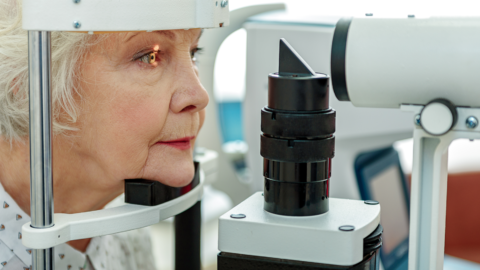Understanding Autism

Did you know that approximately one in 88 people in the UK could have autism? Meaning more than 750,000 people are autistic and that 2.8m people have a relative on the autism spectrum. How do you know if your child is autistic, and if that is the case, where can you find help and support?
Autism is a developmental condition that affects the way that individuals with autism interact with other people and how they perceive the world around them. Those with autism see, hear and feel day-to-day life differently than those without the condition, often finding things overwhelming, leading to anxiety.
Each individual on the autistic spectrum has autism specific to them, meaning one person can be different to the next. Certain difficulties include not being able to socially communicate with others, or offer empathy, need routines and having obsessive behaviour. However, it can manifest in different people in different ways, and some may have learning difficulties or mental health issues too.
Autism is a lifelong condition, usually diagnosed in childhood and early adulthood with no cure, but that does not mean that those diagnosed cannot lead a fulfilling, independent life. Today, more adults are now being diagnosed with autism.
Does My Child Have Autism?
If you think your child may have autism, it is best to speak with your health visitor, doctor, or school nurse about your concerns. The main characteristics of autism in children are – difficulties with social communication, such as not being able to interpret gestures, tone of voice and sarcasm correctly, social interaction issues, including the inability to ‘read’ people’s feelings, with them appearing insensitive or not behaving in a way thought to be ‘socially acceptable’, a need for repetitive routines, due to finding the world an unstable and unpredictable place, children with autism may need a strict daily routine, so they know what to expect.
Some autistic children may find they experience high-sensitivity to sounds, tastes, light, temperature or pain, which those without autism may not even notice. This can cause further anxiety and even physical pain.
Your doctor can then refer you to specialists who can help you with a diagnosis and offer support. Identification earlier in life can save frustration for those with the condition. It can also help family, friends and teachers, understand the difficulties experienced and how to cope.
On-going Support
As well as doctors and specialists other organisations and charities including The National Autistic Society, Anna Kennedy Online and Autism Sussex offer help and advice.
[box type=”shadow” align=”” class=”” width=”600″] Autism Support Crawley (www.autismsupportcrawley.co.uk) is a support group for parents and carers caring for someone with autism. It offers the opportunity for loved ones to meet and share their experiences. [/box]By Shelley Welti






